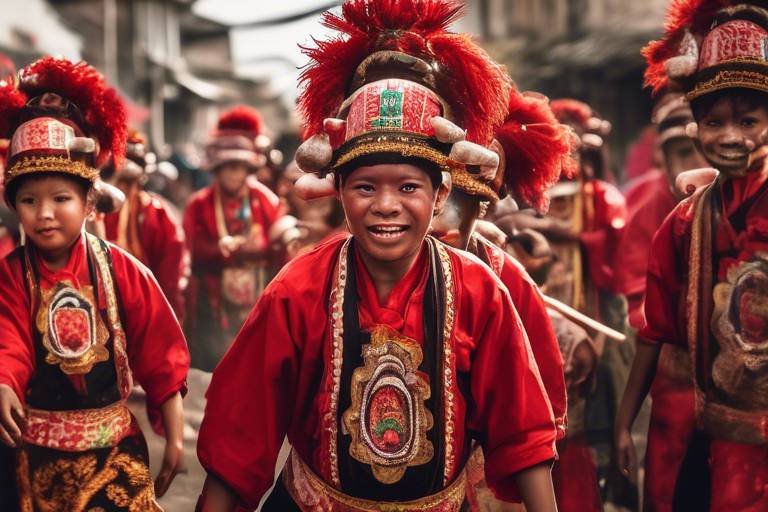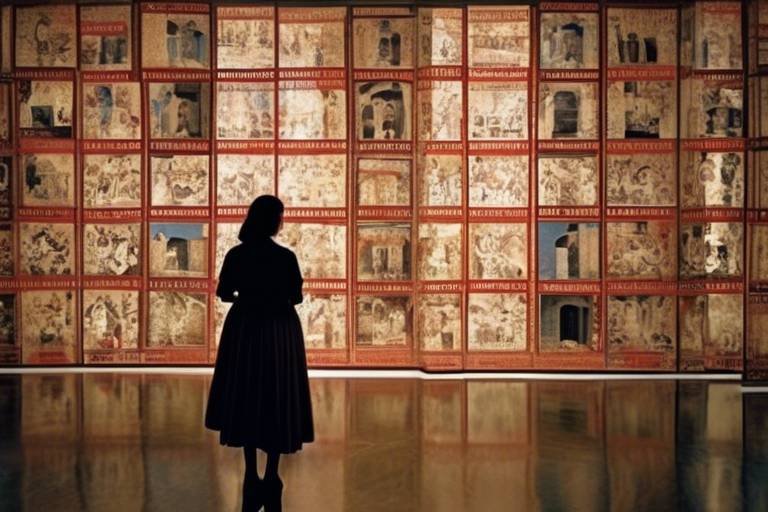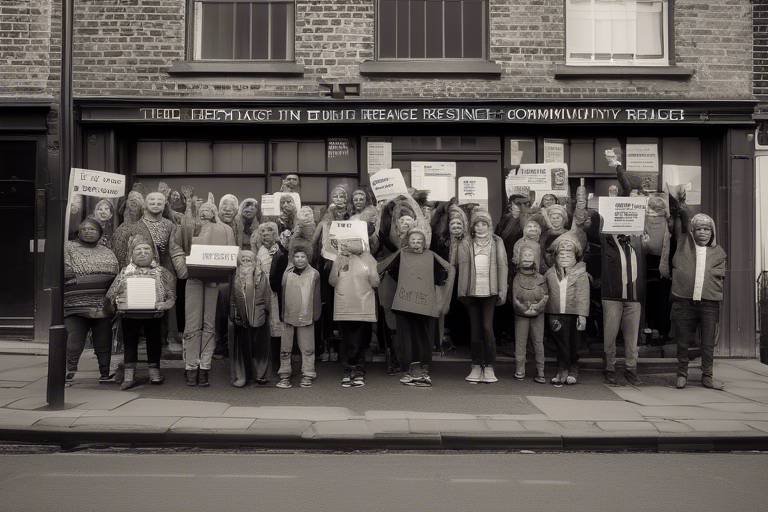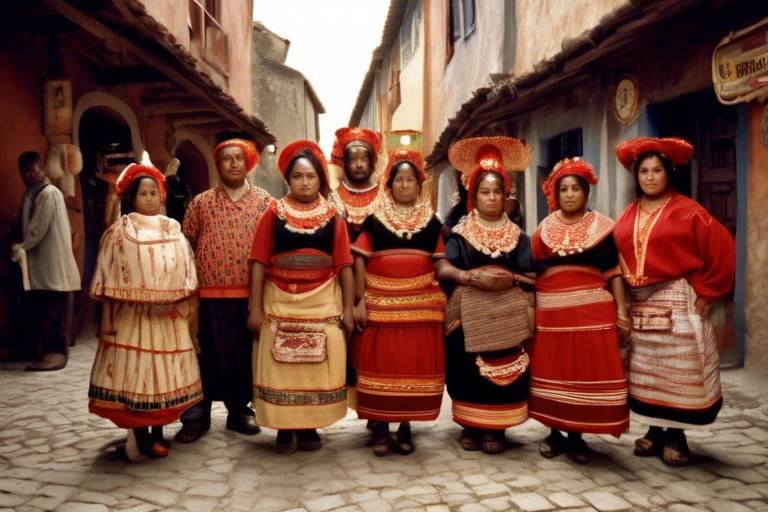How Traditional Festivals Contribute to Heritage Preservation
Traditional festivals hold a vital role in the preservation of cultural heritage by serving as living embodiments of traditional practices, rituals, and beliefs. These celebrations act as vibrant showcases of a community's unique customs, passed down through generations with care and reverence.
By actively engaging in these festivals, individuals not only participate in age-old traditions but also contribute to the transmission of intangible heritage, such as oral traditions and performing arts. Through these events, communities ensure the continuity and relevance of their cultural identity, keeping their heritage alive and thriving.
Furthermore, traditional festivals play a crucial role in reviving endangered cultural traditions that are on the brink of extinction. By bringing these practices to the forefront in a celebratory setting, communities can breathe new life into elements of their heritage that risk being lost to time.
Participating in these festivities is not just a form of entertainment but a valuable educational experience as well. Visitors and locals alike have the opportunity to learn about different facets of a community's heritage, fostering awareness, appreciation, and respect for diverse cultural expressions.
Moreover, these festivals promote a sense of belonging and unity within communities, strengthening their cultural identity and pride. By celebrating their unique customs and values, individuals come together to honor their shared heritage, creating a bond that transcends time and space.
Many traditional festivals are held at historic sites or landmarks, adding another layer of significance to these celebrations. By drawing attention to these locations, these events contribute to the preservation and maintenance of cultural heritage sites, ensuring their continued relevance and importance.
Not only do traditional festivals preserve cultural heritage, but they also provide a significant boost to the local economy. By attracting tourists and visitors, these events drive economic growth through increased tourism and cultural exchange, creating a positive cycle that supports the ongoing preservation of heritage.
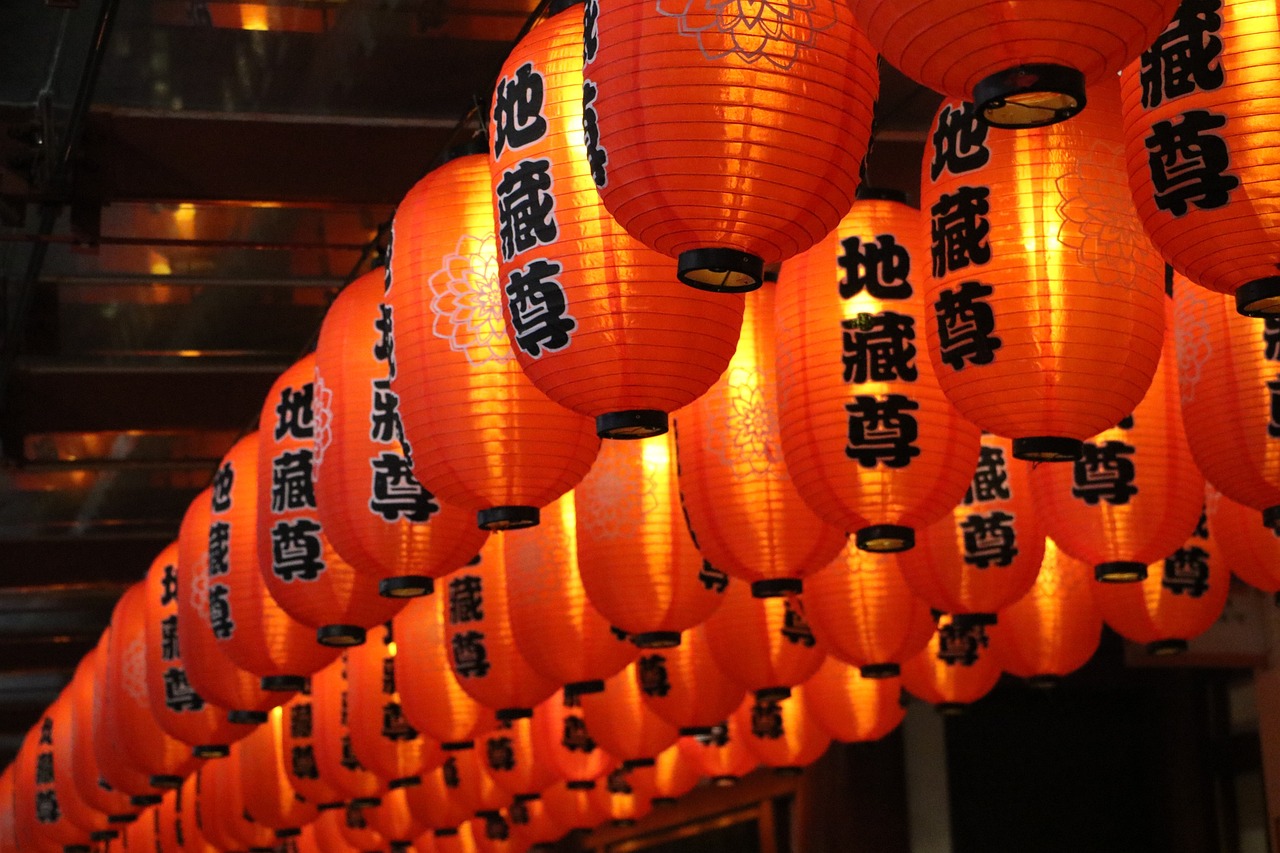
Preservation of Cultural Practices
Preservation of cultural practices is at the core of traditional festivals, acting as a time capsule that encapsulates the essence of a community's heritage. These festivals serve as a living museum, where ancient customs and rituals are not merely displayed but actively practiced and celebrated. Imagine a vibrant tapestry woven with threads of tradition, each festival adding a new layer of richness to the cultural fabric.
Through intricate dances, melodious music, elaborate costumes, and symbolic ceremonies, traditional festivals breathe life into age-old traditions, ensuring they are not forgotten or relegated to the annals of history. It's like witnessing history come alive, with each ritual and performance carrying the weight of centuries of tradition and meaning.
Moreover, these festivals provide a platform for artisans, craftsmen, and performers to showcase their skills and talents, keeping traditional crafts and arts alive. The bustling marketplaces, filled with handcrafted goods and traditional delicacies, are a testament to the creativity and craftsmanship of the community, preserving skills that have been honed over generations.
Furthermore, the interactive nature of these festivals allows attendees to actively engage with the cultural practices, creating a sense of connection and belonging. Whether participating in a traditional dance or trying their hand at a craft workshop, individuals become part of the living heritage, forging a personal link to the traditions of their ancestors.
Ultimately, the preservation of cultural practices through traditional festivals is not just about safeguarding traditions for the present but also for the future. By instilling a sense of pride and appreciation for their heritage in the younger generation, these festivals ensure that the flame of tradition continues to burn brightly, illuminating the path for generations to come.

Community Engagement and Participation
Community engagement and participation are at the heart of traditional festivals, creating a vibrant tapestry of cultural connection and shared experiences. These celebrations serve as a unifying force, bringing together individuals from diverse backgrounds under the common umbrella of heritage and tradition. Through active involvement in the festivities, participants not only witness but also actively contribute to the preservation of cultural practices that define their community.
Imagine a bustling marketplace filled with the sights, sounds, and aromas of a traditional festival. People of all ages come together, eager to partake in ancient rituals and customs that have been passed down through generations. It's a living museum of cultural heritage, where each participant plays a vital role in keeping the flame of tradition burning bright.
One of the most remarkable aspects of community engagement during traditional festivals is the sense of belonging it fosters among participants. Whether young or old, newcomer or long-time resident, everyone is welcomed with open arms into the fold of shared heritage. It's a powerful reminder that no matter our differences, we are all connected by a thread of tradition that weaves us together.
Participating in these celebrations is not merely a passive act but an active engagement with the cultural fabric of a community. From donning traditional attire to learning age-old dances, each interaction with the festival's customs deepens one's connection to their roots. It's a journey of discovery and rediscovery, where the past meets the present in a harmonious dance of tradition.
Moreover, the intergenerational exchange that occurs during traditional festivals is invaluable in passing down knowledge and values to future generations. Children learn from their elders, absorbing the wisdom of centuries in a few days of celebration. It's a living classroom where history comes alive, and heritage is not just spoken of but experienced firsthand.

Transmission of Intangible Heritage
Traditional festivals play a significant role in preserving cultural heritage by showcasing traditional practices, rituals, and beliefs. These celebrations bring communities together, pass down knowledge to future generations, and help in maintaining cultural identity and values.
Traditional festivals serve as a platform to showcase and preserve unique cultural practices that have been passed down through generations. They provide an opportunity for communities to practice and showcase their traditional customs.
These festivals encourage community engagement and participation, fostering a sense of belonging and unity among individuals. Through active involvement in the celebrations, people feel connected to their heritage and develop a deeper appreciation for their culture.
Intangible heritage, such as oral traditions, performing arts, and social practices, is often preserved and transmitted through traditional festivals. These events serve as living expressions of cultural heritage, ensuring its continuity and relevance.
In some cases, traditional festivals help revive endangered cultural traditions that are at risk of being lost. By showcasing these practices in a celebratory context, communities can revitalize and preserve elements of their heritage.
Traditional festivals provide educational opportunities for both locals and visitors to learn about different aspects of a community's heritage. They raise awareness about cultural diversity, history, and traditional knowledge, fostering appreciation and respect for heritage.
Participating in traditional festivals reinforces a community's cultural identity and strengthens their sense of belonging. These events celebrate the unique customs and values that define a particular group, fostering pride in one's heritage.
Many traditional festivals are held at historic sites or landmarks, contributing to their preservation and maintenance. These events draw attention to the importance of protecting cultural heritage sites and promote their significance to a wider audience.
Traditional festivals often attract tourists and visitors, providing a boost to the local economy through increased tourism and cultural exchange. This economic support can further incentivize communities to continue preserving their heritage through such celebrations.
Q: Are traditional festivals only about entertainment?
A: While traditional festivals are enjoyable, they serve a deeper purpose of preserving cultural heritage, fostering community engagement, and promoting cultural identity.
Q: How can I get involved in traditional festivals?
A: You can participate in organizing or volunteering for festivals, attending events, or supporting local cultural initiatives to be part of the celebration and preservation of heritage.
Q: Do traditional festivals vary in different regions?
A: Yes, traditional festivals reflect the unique customs and traditions of specific regions, showcasing the diversity of cultural practices worldwide.
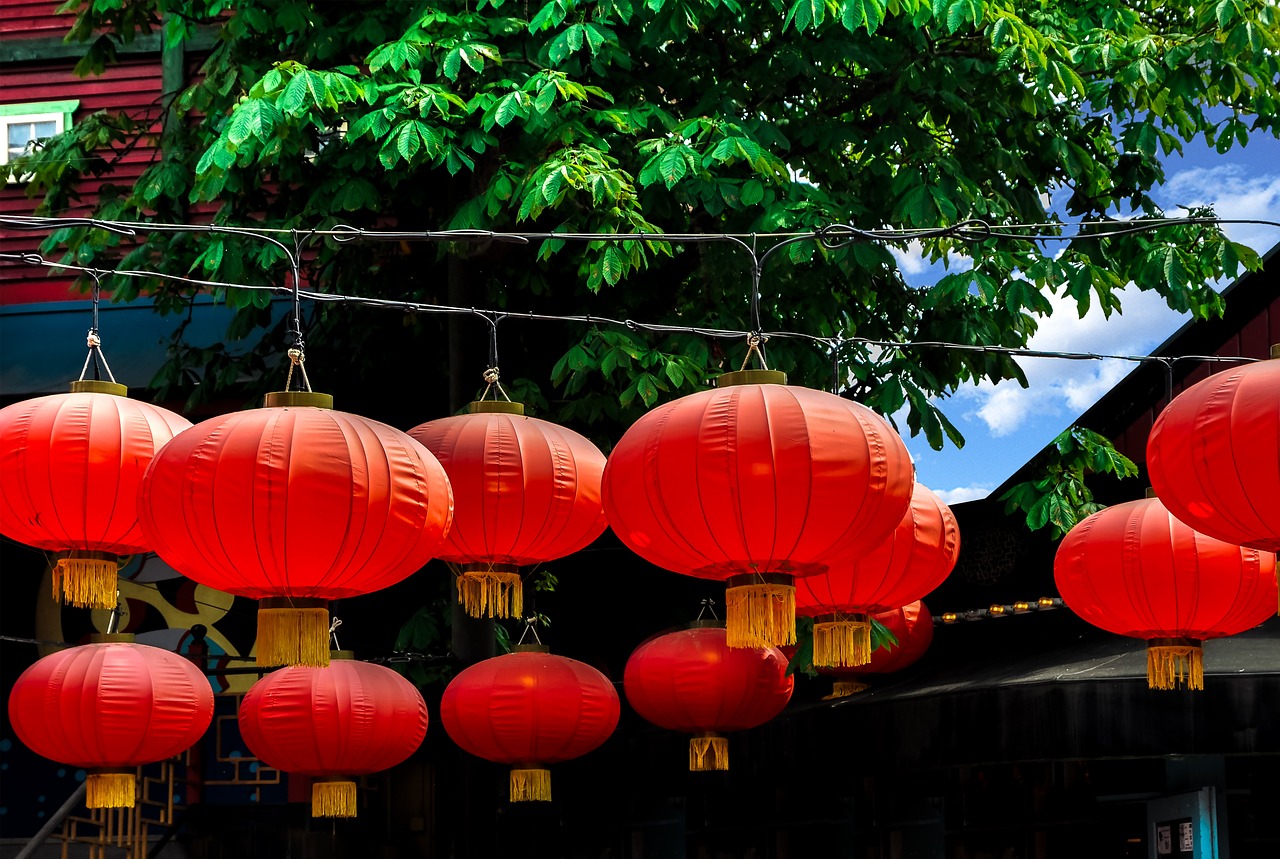
Revival of Endangered Traditions
Traditional festivals have a remarkable ability to breathe new life into endangered cultural traditions that are on the brink of extinction. These festivals serve as a platform for communities to showcase and revive practices that may have faded away over time. By incorporating these endangered traditions into the festivities, communities can reignite interest and participation, ensuring that these valuable aspects of their heritage are not lost to history.

Education and Awareness
Traditional festivals play a crucial role in educating both local communities and visitors about the rich cultural heritage of a region. These events offer a unique opportunity for individuals to immerse themselves in the customs, traditions, and history of a community, fostering a deeper understanding and appreciation for diverse cultural practices.
Through engaging in traditional festivals, attendees can learn about the significance of various rituals, traditional attire, music, dance forms, and culinary delights that are integral to a community's heritage. The interactive nature of these celebrations allows for a hands-on learning experience, enabling participants to actively engage with the cultural elements being showcased.
Furthermore, traditional festivals often include educational components such as workshops, demonstrations, and storytelling sessions that provide insights into the historical context and symbolism behind different cultural practices. These educational activities help raise awareness about the importance of preserving intangible cultural heritage and passing it on to future generations.
Moreover, traditional festivals serve as a platform for intercultural exchange, allowing individuals from diverse backgrounds to come together and learn from one another. By experiencing the customs and traditions of different communities, attendees gain a broader perspective on cultural diversity and the interconnectedness of global heritage.
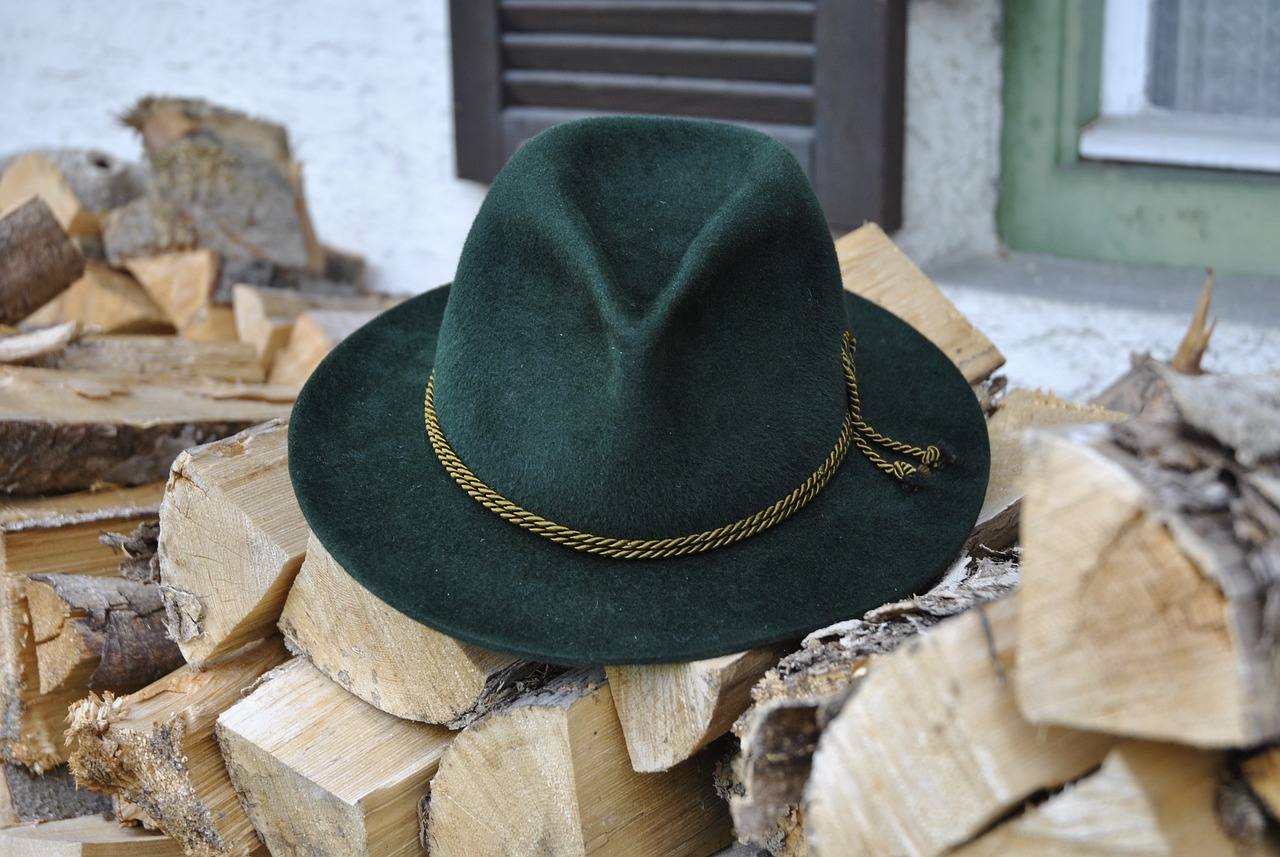
Promotion of Cultural Identity
Participating in traditional festivals reinforces a community's cultural identity and strengthens their sense of belonging. These events celebrate the unique customs and values that define a particular group, fostering pride in one's heritage. By showcasing traditional practices, rituals, and beliefs, these festivals create a space where individuals can connect with their cultural roots and feel a sense of unity with their community.
Furthermore, traditional festivals serve as a platform for communities to showcase their cultural heritage to a wider audience, promoting a deeper understanding and appreciation for their traditions. Through vibrant displays of traditional costumes, music, dance, and cuisine, these events create a rich tapestry of cultural expressions that highlight the diversity and richness of a community's identity.
Moreover, the promotion of cultural identity through traditional festivals extends beyond the local community, attracting visitors from different regions and even countries. This cultural exchange not only enriches the experience of the festival-goers but also fosters cross-cultural understanding and appreciation. As individuals immerse themselves in the traditions and customs of a different culture, they develop a greater respect for diversity and heritage.

Preservation of Historic Sites
Preservation of historic sites through traditional festivals is a vital aspect of heritage conservation. These festivals often take place in significant historical locations, breathing life into these sites and highlighting their cultural importance. By hosting celebrations at these sites, communities not only showcase their heritage but also contribute to the maintenance and preservation of these historical landmarks.
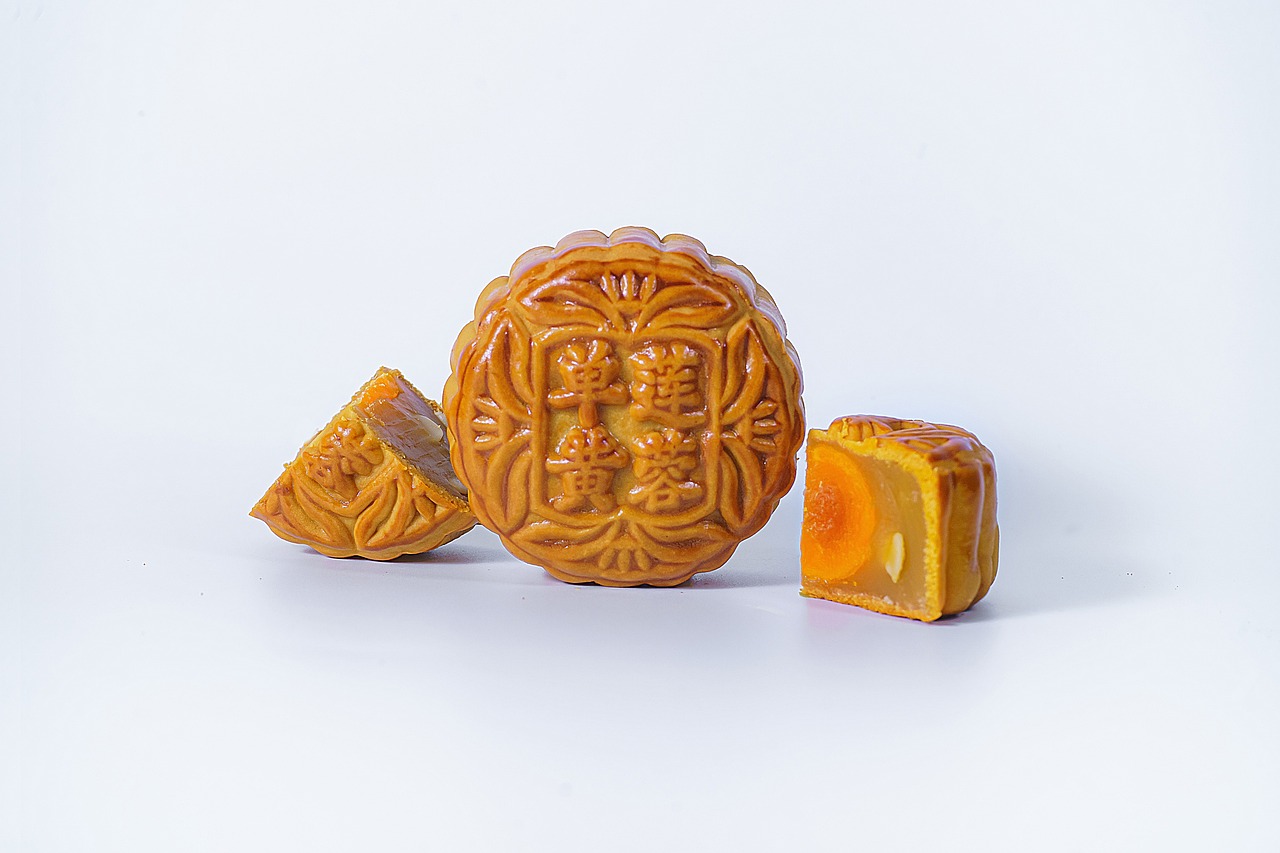
Boost to Local Economy
Traditional festivals not only hold cultural significance but also provide a substantial boost to the local economy. These events attract a large number of tourists and visitors, leading to increased economic activity in the host community. The influx of visitors stimulates various sectors such as hospitality, transportation, and local businesses, generating revenue and creating job opportunities.
Frequently Asked Questions
- What are the benefits of traditional festivals in preserving cultural heritage?
Traditional festivals play a crucial role in preserving cultural heritage by showcasing traditional practices, rituals, and beliefs. They bring communities together, pass down knowledge to future generations, and help in maintaining cultural identity and values.
- How do traditional festivals contribute to the transmission of intangible heritage?
Traditional festivals serve as living expressions of cultural heritage, ensuring the continuity and relevance of intangible heritage such as oral traditions, performing arts, and social practices. These events play a vital role in preserving and transmitting these elements to future generations.
- Do traditional festivals have an impact on the local economy?
Absolutely! Traditional festivals often attract tourists and visitors, providing a boost to the local economy through increased tourism and cultural exchange. This economic support incentivizes communities to continue preserving their heritage through such celebrations.

